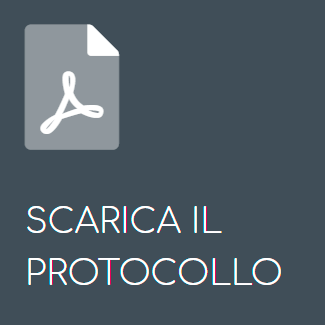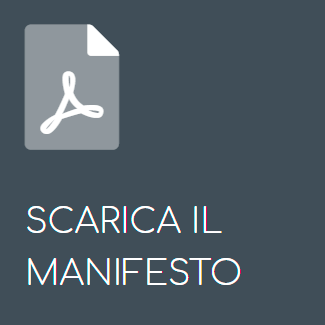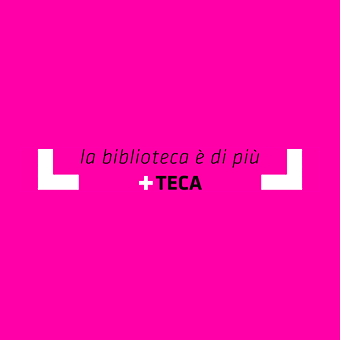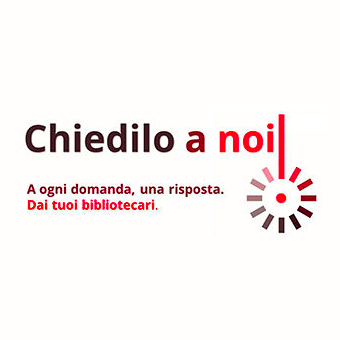Position paper di RdR sulle elezioni Eblida
Pubblichiamo in questa pagina la lettera, a firma del Presidente De Righi, in merito al posizionamento di Rete delle Reti circa le elezioni e le politiche di Eblida, di cui RdR fa parte.
La lettera e gli allegati cui si fa riferimento nel testo sono scaricabili in formato pdf qui.
Position Paper of Rete delle Reti (EBLIDA Full Member) concerning
the election of the President and the Members of the Executive Committee of EBLIDA.
Rete delle Reti is favourably impressed by the quality of the backgrounds of the candidates listed for the EBLIDA Presidency and the Executive Committee and congratulates them for having accepted the challenge of governing EBLIDA for the three-year period 2024-2026.
Rete delle Reti represents public libraries - municipal, city and branch libraries – as qualified mediators with citizens and as an environment ideally suited to the enjoyment and promotion of culture. It is our endeavour to encourage people’s participation at large; it is our belief that the European horizon is part of our action and commitment for libraries.
In this perspective, Rete delle Reti has asked Giuseppe Vitiello, EBLIDA Director from 2019 to 2023, to put his knowledge at the service of our library vision and mentor us in our approach to a wider European library scenario. Together with him, we agree that EBLIDA's greatest achievement in the last years has been the approval of the Council of Europe's Recommendation on Library Legislation and Policy in Europe. Rete delle Reti translated the Recommendation and is now disseminating it within Italian Regions. Implementing the Recommendation, however, will require considerable investments if we wish to have well-trained staff and well-funded and equipped libraries. Hence, the idea of resorting to European funds in addition to national resources, and more specifically to the European Structural and Investment Funds. It is the reason why Rete delle Reti joined the TELL (Trans-European Learning Libraries) project proposal now being submitted by the Romanian Library Association within the Erasmus+ programme.
Rete delle Reti preferences for the EBLIDA Elections, therefore, go to those countries that are part of TELL and those candidates who would have liked to join the proposal but were unable to do so for technical or administrative reasons:
Candidate to the Presidency:
Ms Spaska Tarandova
Candidates to the Executive Committee:
Guillaume Gast (FR)
Antonios Mourikis (GR)
Liù Palmieri (IT)
Katrīna Kukaine (LT)
Zélia Parreira (PT)
Alicia Sellés Carot (SP)
Rete delle Reti is pleased to underline the points that, in our opinion, should be part of the core strategy of the future EBLIDA leadership.
1. Library resources. It may seem a statement of the obvious, but whatever the themes EBLIDA will focus on in the next years, resources and funding are needed to implement them. EBLIDA’s action would very much gain in terms of effectiveness and popularity among its members, if it comes together with a strategy aimed to access European resources - with a view to overcoming disparities among European libraries (see Annex 1) and countering declining budgets in almost all Northern European countries (Annex 2). Library funding should therefore be at the core of EBLIDA's concerns over the next three years.
2. OMC Working Group. There is little doubt that the current major European initiative for libraries is the Library Action within the EU Work Plan for Culture 2023-2026 approved in November 2022 (OMC Working Group).[1] The EBLIDA Executive Committee issued a statement in July 2023.[2] As of July 2023, however, EBLIDA has not provided any information regarding the Library Action. It should be EBLIDA's job to closely monitor the progress of Library Action and, without any doubt, this should be EBLIDA's second priority in the next three years.
3. Ukraine. Regardless of the results of the European elections in June 2024 and the U.S. elections in November 2024, the European Union will make major financial commitments to Ukraine; consequently, EBLIDA should be ready to act for Ukrainian libraries through a policy to be elaborated in the 2024-2026 period.
4. EBLIDA enlargement. In 2018, EBLIDA enlarged to include libraries in Council of Europe member states. This, however, has not resulted in an increase of EBLIDA’s membership. Rete delle Reti’s membership fee for EBLIDA is four times that of IFLA. The question is not whether the fee is too high, but whether EBLIDA's current fee structure may represent an entry barrier for libraries present in Council of Europe member states. It should be a priority for EBLIDA to work on the current fee structure.
5. EBLIDA Council. The EBLIDA Council, EBLIDA's supreme body, meets once a year for two hours and its decisions are taken mostly by acclamation, without thorough collegial discussion. Rete delle Reti believes that more participatory solutions should be found, both through tools connecting members with each other and a greater involvement of all members in working and operational sessions.
It is desirable that these five themes are at the core of the EBLIDA Strategic Plan 2025-2027.
Giuseppe De Righi
Presidente Rete delle Reti








